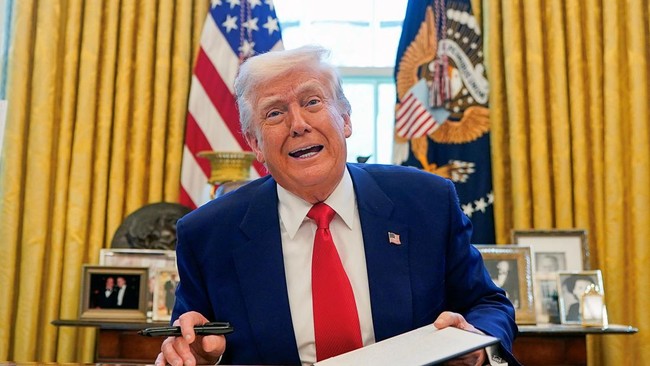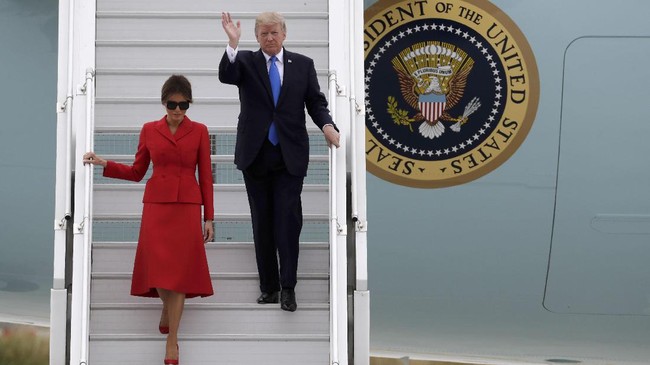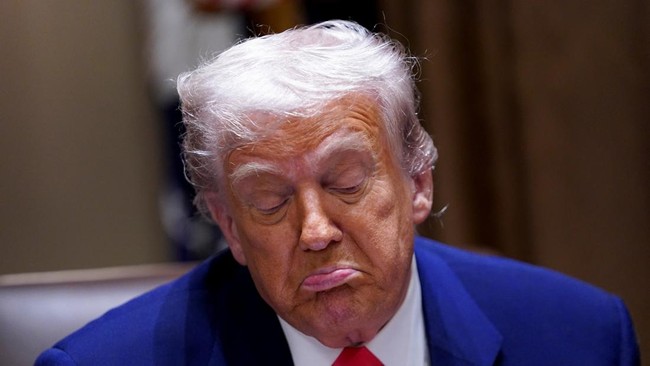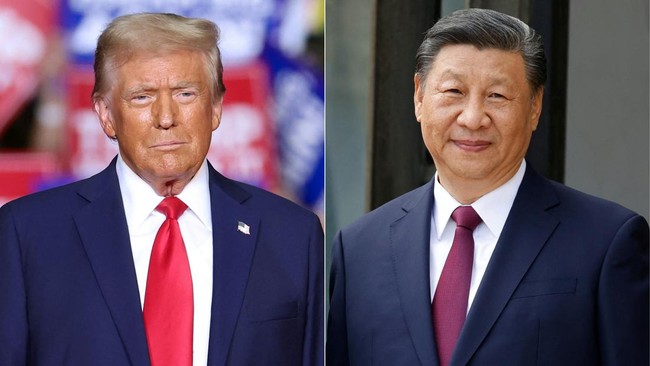
Marianswoman – Former U.S. President Donald Trump has made headlines once again with his latest remarks regarding international trade and maritime policy. In a recent statement, Trump argued that American ships should be allowed to pass through the Panama Canal and the Suez Canal without paying any fees. His comments have sparked debate about the role of international infrastructure, sovereignty, and global commerce.
Trump’s Argument
Trump claimed that because of the significant financial and military support the United States has provided to the regions surrounding both canals, American vessels deserve free passage. He emphasized that the U.S. has long protected global trade routes and contributed to the stability of the regions where the canals are located, suggesting that American interests should be given special privileges in return.
“We protect these trade routes. We invest billions in foreign aid and military presence. Our ships should not have to pay to use canals we helped keep secure,” Trump said during a public speech.
The Panama and Suez Canals: Strategic Importance
The Panama Canal, connecting the Atlantic and Pacific Oceans through Central America, is a critical route for global shipping, saving vessels weeks of travel around South America. Completed in 1914, the canal was initially controlled by the U.S. until it was handed over to Panama on December 31, 1999, under the Torrijos–Carter Treaties. Today, it is administered and operated by the Panamanian government, and fees collected from ships are a major source of national income.
The Suez Canal, meanwhile, links the Mediterranean Sea to the Red Sea, offering the shortest maritime route between Europe and Asia. Located in Egypt, it is one of the world’s busiest and most important trade corridors. Managed by the Suez Canal Authority, the canal is a vital source of revenue for Egypt through the collection of transit fees.
Both canals charge tolls to all commercial ships based on their size, type, and cargo, regardless of nationality.
International Reactions and Challenges
Trump’s proposal is likely to face significant opposition, both internationally and domestically. Experts point out that:
- Sovereignty Matters: The Panama Canal and Suez Canal are sovereign assets of Panama and Egypt, respectively. Waiving fees for U.S. ships would undermine their rights to manage and profit from their national infrastructure.
- Global Shipping Norms: Shipping lanes and canals operate under international agreements that treat vessels equally, without favoring one nation’s ships over another’s.
- Economic Impacts: Both Panama and Egypt heavily rely on canal revenues. Granting free access to American ships could set a precedent, leading to demands from other countries for similar treatment, potentially destabilizing canal operations and funding.
Strategic Considerations
Despite the impracticality of Trump’s suggestion, his comments highlight a broader strategic concern about the control of global trade routes. With increasing competition among global powers, especially with China’s growing influence in Latin America and the Middle East, the United States has shown renewed interest in securing its access to critical infrastructure.
Some analysts suggest that Trump’s comments could reflect a wider conversation about renegotiating international relationships to favor American strategic and economic interests. However, any move to push for free passage would require complex diplomatic negotiations and is unlikely to succeed without major concessions.
Conclusion
Donald Trump’s suggestion that U.S. ships should transit the Panama and Suez Canals free of charge reflects his “America First” approach to international affairs. While the idea has stirred public discussion, the realities of international law, sovereignty, and economic interests make such a proposal highly unlikely to be implemented. Nevertheless, the statement underscores ongoing tensions about how global trade routes are governed and who ultimately benefits from them.




